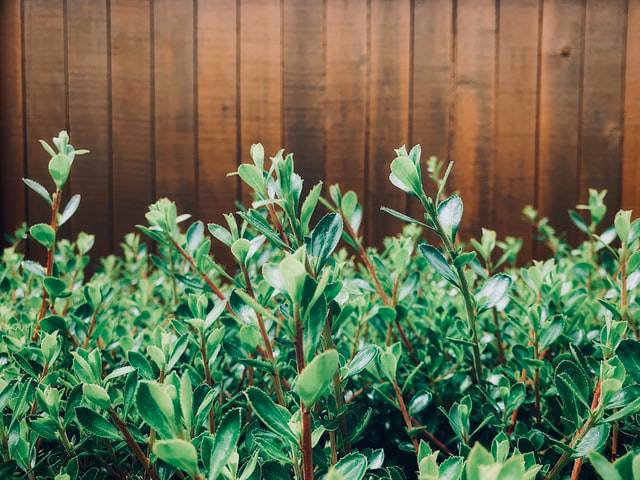Herb Garden Coriander is widely used in meal preparations. However, it is also a powerful herb which has many health benefits. Commonly known as cilantro, the leafy herb used in most cuisines, the seeds taken from these leaves are known as coriander. Let’s review why coriander is truly an herb for the ages.
Traditionally, coriander is a perennial herb. Its sweet-smelling aroma is transmitted by its tender green fruits, and when ripe, turn a brownish yellow. Originating in the Mediterranean region, it is an herb that thrives in black soil and arid regions.
Considered to be rich in various food elements, the coriander leaves contain protein, fat, minerals, fiber, carbohydrates, and water. The minerals and vitamins include: vitamin C, calcium, phosphorus, iron, carotene, thiamine, riboflavin, niacin, sodium, potassium, and oxalic acid.
These leaves act as stimulants and tonics. They strengthen the stomach and promote digestion, increase secretion and discharge of urine and reduce fever. They act as an aphrodisiac, and help in the removal of phlegm. Coriander seeds reduce fever, and offer a feeling of coolness.
The juice of coriander is beneficial in producing vitamin A, B1, B2, C and iron. In addition, one or two teaspoons of coriander juice, added to fresh buttermilk, is highly beneficial in treating digestive disorders such as indigestion, nausea, dysentery, hepatitis and colitis. It is also helpful in typhoid fever. In addition, the drinking of coriander water helps lower blood cholesterol. It is prepared by boiling dry seeds of coriander and straining them after cooling, then drinking the liquid.
See : Benefits Of Growing Your Own Herbs
Dry coriander treats diarrhea. Coriander seeds are known to alleviate excessive menstrual flow. Used as an eye-wash, freshly dried coriander is an excellent in treating conjunctivitis. It relieves burning and reduces pain and swelling.
Topically, a teaspoon of coriander juice, mixed with a pinch of turmeric powder, is an effective remedy for pimples, blackheads and dry skin. The mixture should be applied to the face, after washing it thoroughly, every night before going to bed.
While the young plants of coriander are used in chutneys, sauces, curries and soups, its oil is used for flavoring and in medicine. In the dried form, coriander is an important ingredient of curry powder and is also used in pickling spices, sausages, seasoning, and confectionery and for flavoring spirits, particularly gin. Dry coriander should be sparingly used by persons suffering from bronchial asthma and chronic bronchitis.
Considering its medicinal properties, it’s no wonder coriander is commonly used for both internal and external consumption. Whether using cilantro in your menu, or coriander seeds; you are benefiting from its natural properties in an effort to promote good health.

